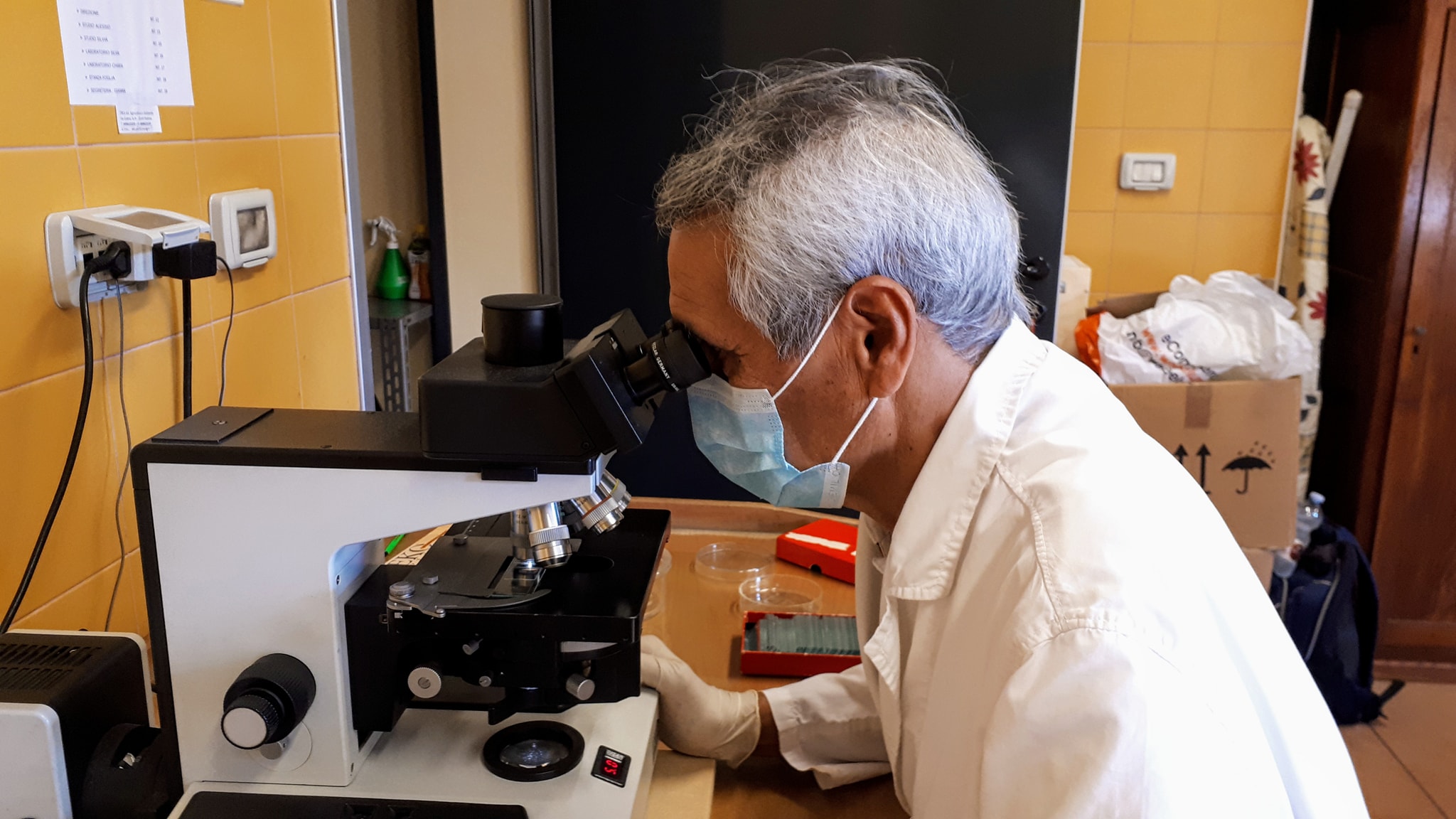International cooperation for the updating of professionals in sericulture in Latin America and the Caribbean

Ensayos en los laboratorios del CREA
Mr. Juan Rodriguez Martinez, technical referent of Casita de Piedra Cetcaser, which is a partner entity of the Seda Project in Mexico, carried out a training in primary production and improvement techniques of silkworm breeding at the CREA Institute of Padova, Italy, in October 2019.
The study mission is supported by the European Union's ADELANTE Triangular Cooperation Programme to build capacity among professionals and promote sericulture as a source of genuine employment in the region.
The training programme covered topics such as collecting the eggs oviposited by butterflies, separating the egg layers from the leaves and separating them with a spatula or manually. After this separation, the disinfection process with sodium hypochlorite and the drying and counting to determine how many eggs are contained per gram.
Another highlight was the treatment of the pebrine disease. In the 19th century, the silk industry was hit hard and fell from its economic peak. The trigger was the pebrine, a microscopic fungus that soon ended up putting at risk the production of silk in Europe. Thanks to Louis Pasteur's research work on this disease, this health issue, which is still currently being investigated by scientists, was brought under control.
"The analysis of pebrine is a very important issue in the sericulture activity, perhaps the most important issue in the laboratory processes, since our genetic material (eggs) is preserved, from a sanitary perspective, through this analysis ", highlighted the technical referent, Mr. Juan Rodriguez.







